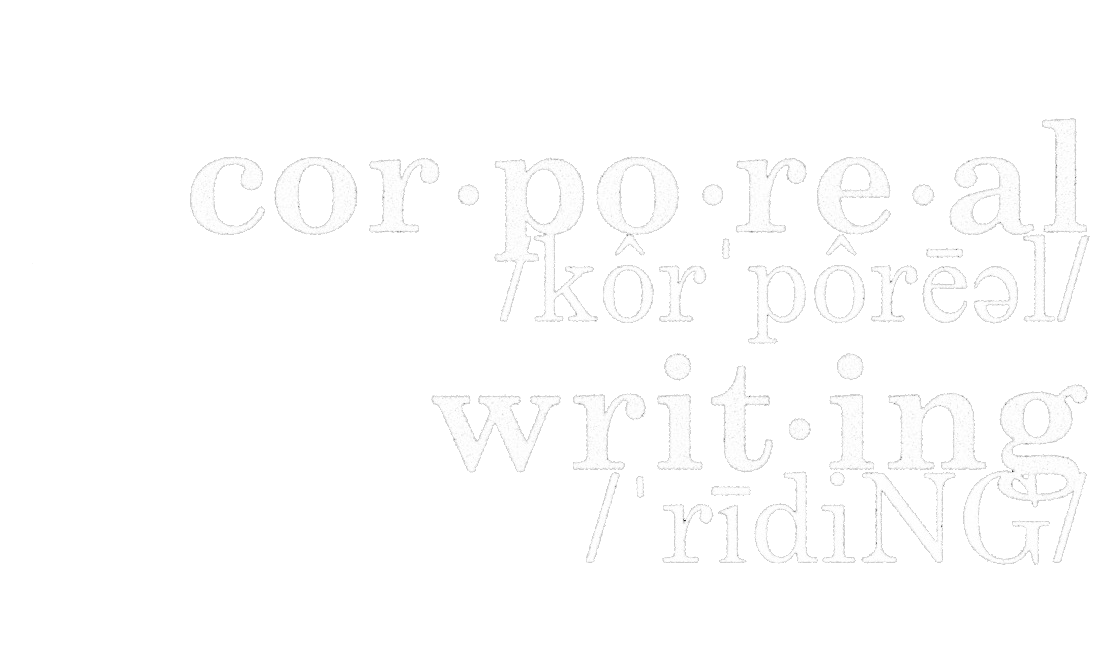How to Tell When We Will Die w/ Johanna Hedva — begins February 5th, 2025


How to Tell When We Will Die w/ Johanna Hedva — begins February 5th, 2025
How to Tell When We Will Die
with Johanna Hedva
a 4-week online workshop over Zoom: Wednesdays - February 5th, 12th, 19th, 26th, from 2-4PM Pacific
(recordings of each meeting will be available in case you need to miss one)
Death—it's the entire story. Or, it's the reason the story has juice. Oomph. Power. Pathos. A direction. A background. And, of course, an end. In this class, we will meet Death on the page. How can we, as writers, use it as a tool in our work? Let's approach it as a storytelling device, a material to craft, a symbol, a metaphor, a character, a plot point, an atmosphere (what does it smell like? how does it settle in a room?), or just a shadow lurking on our own shoulders.
What kinds of stories does death evoke? What are all the ways to tell these stories? What emotions, images, scenes does death demand of us as writers, as readers? How have writers (artists, filmmakers, painters, musicians, opera singers, and dancers) used it in their own work, and what can we learn from them?
For each session in this four-week class, there will be a short lecture, with a plethora of suggested readings and films, as well as writing exercises that excavate a theme for each week. In class, there will be time to discuss the readings, as well as share and critique writing we’ve generated through the exercises.
***
Pricing:
The following payment model is inspired by and borrowed from the payment model of Bayo Akomolafe’s class, We Will Dance With Mountains: Into the Cracks.
This workshop offers a sliding scale based on your relative financial standing. In an effort to reflect disparity in economic condition and access to wealth, the following payment system is designed for those with more wealth to help cover the costs of those with less access to wealth and resources. We trust your discernment of your current financial situation and how you fit into the global economic context.
As you decide what amount to pay, please consider your present-day financial situation governed by income, but also the following factors: historical discrimination faced by your peoples; your financial wealth (retirement/savings/investments); your access to income and financial wealth, both current and anticipated (how easily could you earn more income compared to other people in your community, country, and the world; are you expecting an inheritance); people counting on your financial livelihood including dependents and community members; the socio-economic conditions of your locale (relative to other places in your country and in the world); your relationship to food & resource scarcity.
$500 Partner
$450 Supporter (Note: This amount reflects the “real” value of this course.)
$400 Companion
$350 Friend
Scholarships are also still available for anyone needing further financial assistance. Please email Daniel at registration@corporealwriting.com for more info, or if you are feeling challenged in any way by the financial requirements of participation.
***
Johanna Hedva (they/them) is a Korean American writer, artist, and musician from Los Angeles. Hedva is the author of the novels Your Love Is Not Good and On Hell, as well as Minerva the Miscarriage of the Brain, a collection of poems, performances, and essays. Their essay collection How To Tell When We Will Die: On Pain, Disability, and Doom was published in September 2024, by Hillman Grad Books. Their albums are Black Moon Lilith in Pisces in the 4th House and The Sun and the Moon. Their work has been shown in Berlin at Gropius Bau, Haus der Kulturen der Welt, Klosterruine, and Institute of Cultural Inquiry; in Los Angeles at JOAN, HRLA, in the Getty’s Pacific Standard Time, and the LA Architecture and Design Museum; The Institute of Contemporary Arts in London; Performance Space New York; Gyeongnam Art Museum and SeMA—Buk-Seoul Museum of Art in South Korea; the 14th Shanghai Biennial; Migros Museum für Gegenwartskunst in Zürich; Modern Art Oxford; Museum of Modern and Contemporary Art of Bolzano; the Museum of Contemporary Art on the Moon; and in the Transmediale, Unsound, Rewire, and Creepy Teepee Festivals. Their writing has appeared in Triple Canopy, frieze, The White Review, Topical Cream, Spike, Die Zeit, and is anthologized in Whitechapel: Documents of Contemporary Art. Their essay “Sick Woman Theory,” published in 2016, has been translated into 11 languages.
